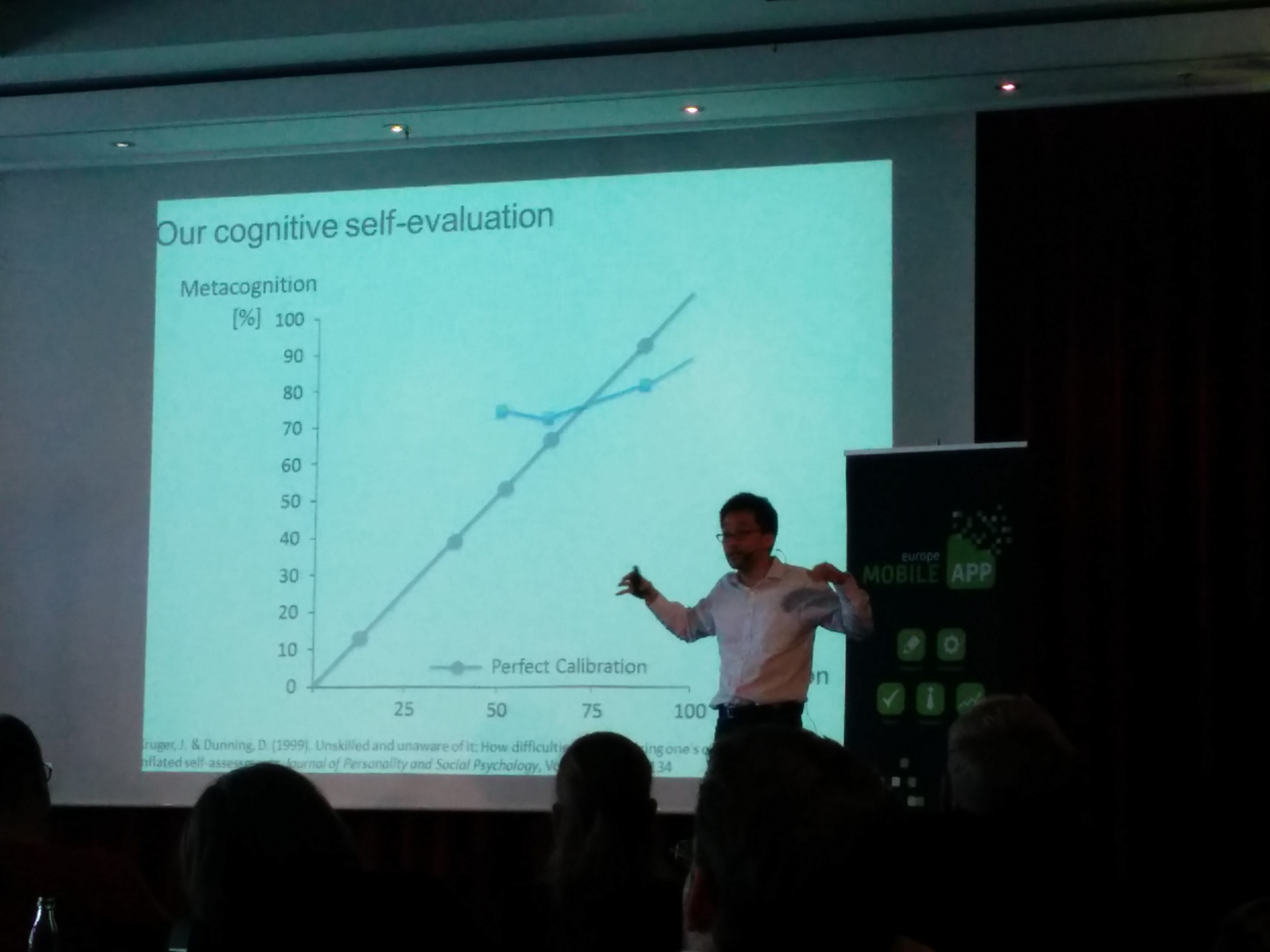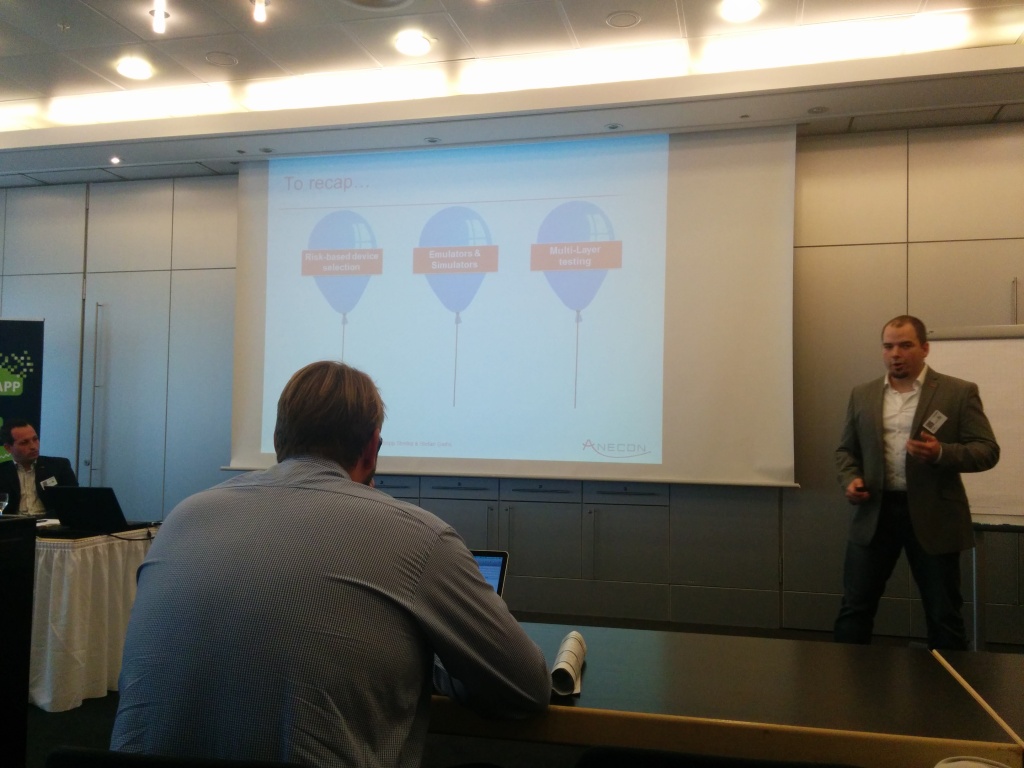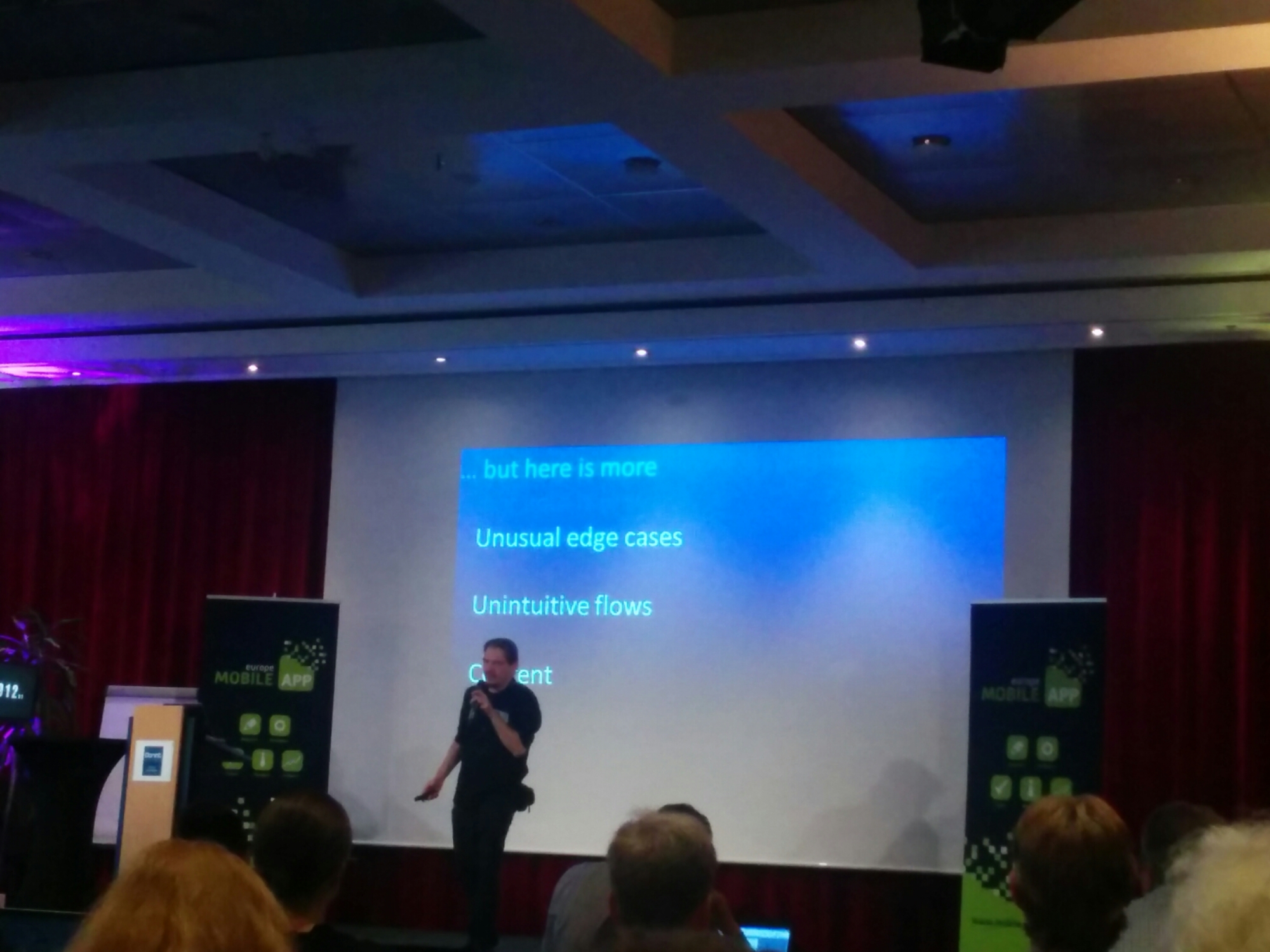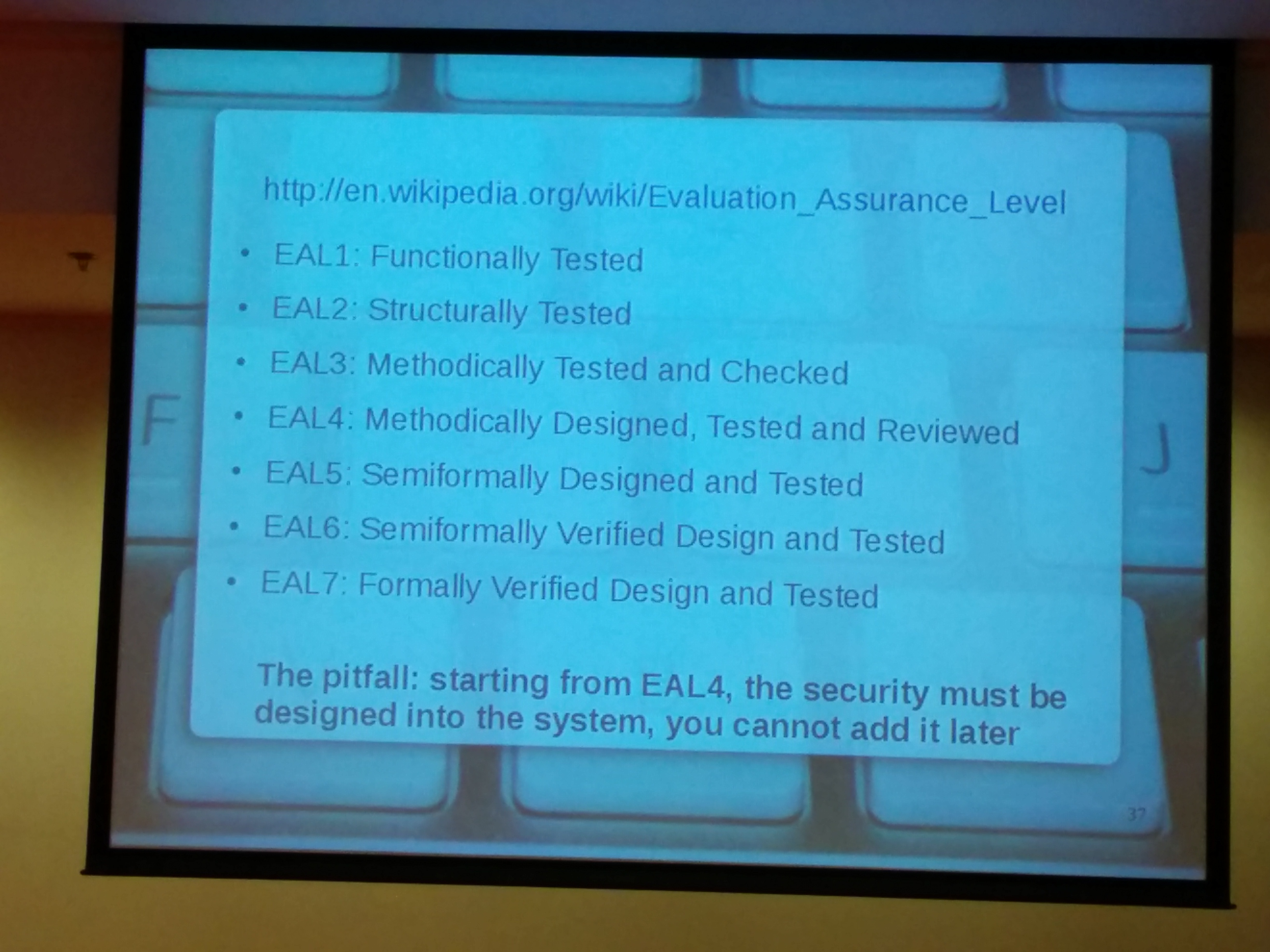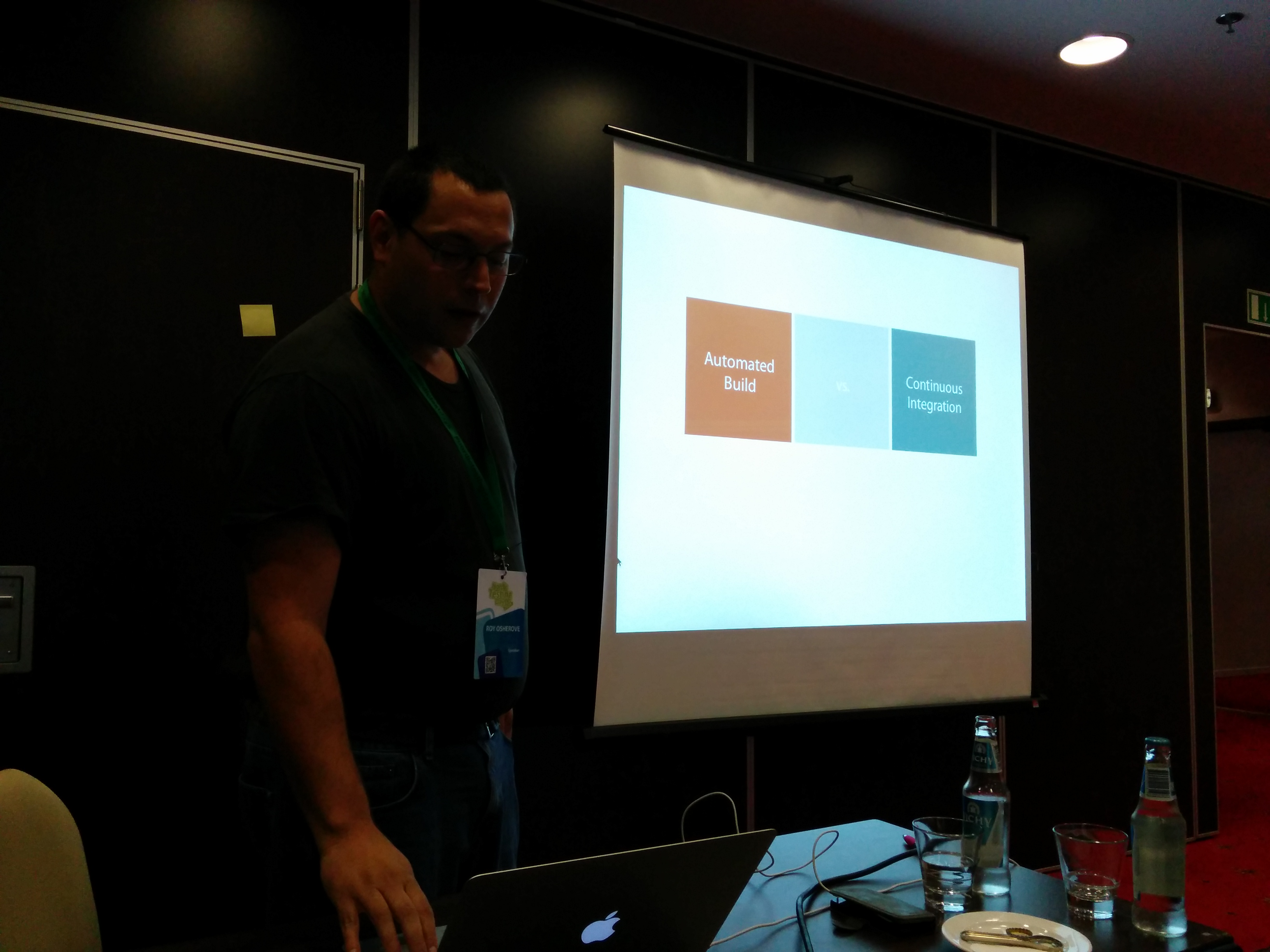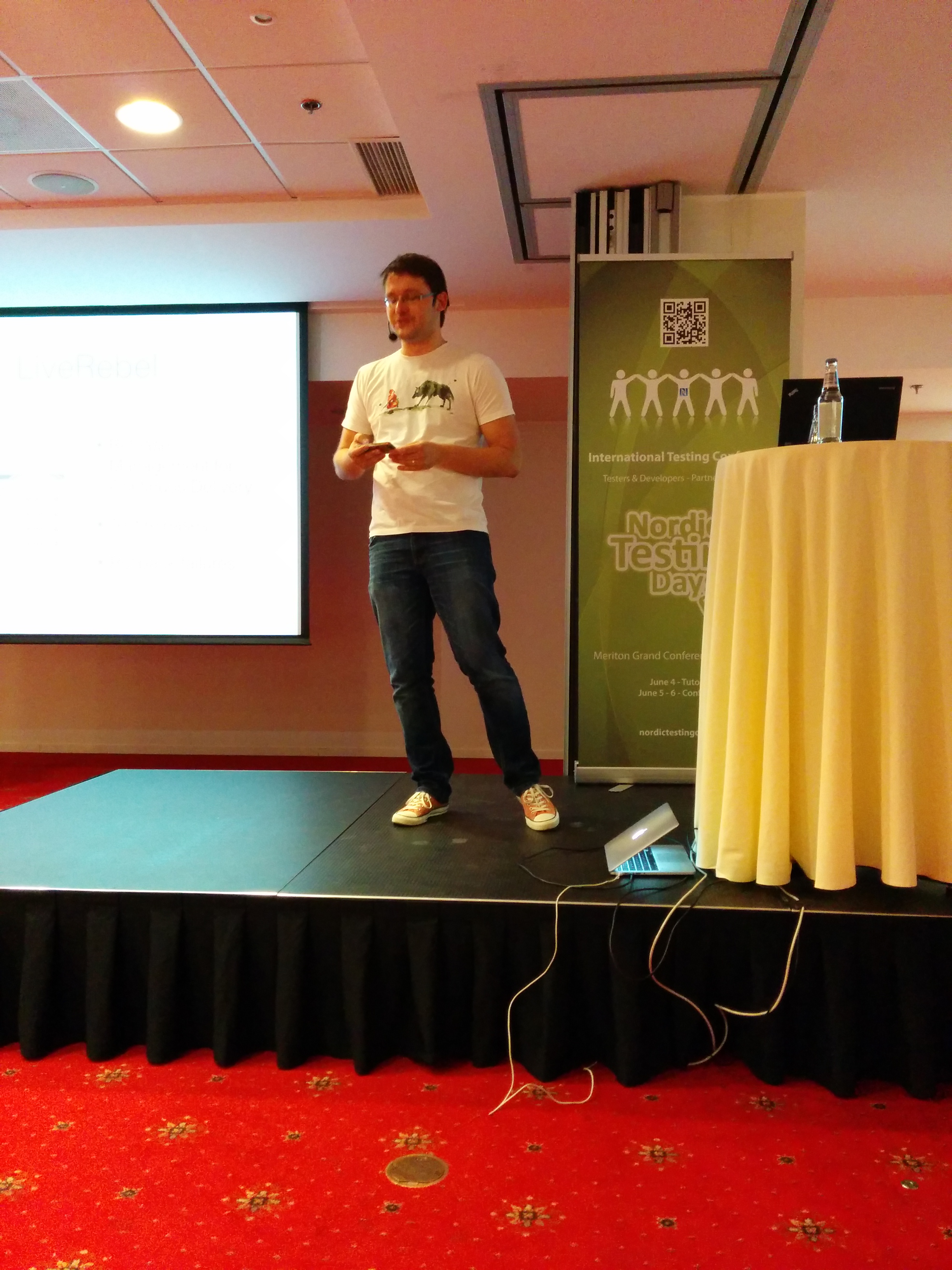I’ve been reading a lot about test management recently. There’s some excellent posts out there, in particular I’d recommend you look at this one from Katrina Clokie, explaining the changes that are required for test management to remain relevant in the world of Agile software development and continuous delivery.
She also links some other articles which I would definitely recommend you read, if you are interested in the subject.
My Interest
So why am I interested? Well for starter I’m a Test Manager. Over the last couple of years I have seen my role change, from one of leading a separate, large test department, to one of managing testers across a number of project teams. It’s about to change again.
I’ve seen the challenges being a Test Manager in an Agile environment brings, in particular the difficulty in remaining relevant in the eyes of product and development managers, and the challenges of understanding enough about multiple areas in order to be able to support your team members. Being a Test Manager in a Agile environment can be isolating at times, particularly when the department is big, and the number of agile teams is large. It requires an ability to balance a lot of information, priorities, and tasks, across a number of areas. Stakeholder management and influence become key. Context switching comes as standard. Often it’s not much fun.
Through discussions with others, and looking at my own situation, I’m increasingly coming to the conclusion that the new ‘Agile Test Manager’ positions that Test Managers are moving/ falling into just don’t fit with the ways that teams want to work anymore. The team is more important than the manager, and, for example, choosing to keep discipline based management because it means testers are managed by testing ‘experts’ isn’t enough to justify it. Managers are not able to effectively support their people if they do not have the time and energy to keep fully in the loop with the team. As Test Managers get split across multiple teams, (primarily because having one Test Manager per Agile team is massive waste), then it becomes nearly impossible.
Continuous Delivery
Moving to Continuous Delivery complicates matters further. Giving a team complete autonomy to design, build and release it’s own code is an extremely motivating way of working. Do Test Managers fit in with this ? I’m not sure they do. Where independence and autonomy are key, management from someone from outside of the team just doesn’t fit, particularly when that management is only part-time.
Change Is Coming
So how do we change? Do Test Managers merely become people managers, desperately trying to understand what their people, spread across multiple teams, are up to? Are they there to help manage testing but not people?? What about the coaching and mentoring, the sharing of knowledge and expertise, and the personal development of testers?
As I see it I think we’re going to see a lot more of this sort of setup:
- Engineering Managers, who line manage an entire team. They understand the people best because they work with them day-to-day. No need for handovers, no need for performance feedback requests to other managers at review time, and no need to waste time and effort with coordination. Engineering Managers manage the whole delivery process and people involved. They may have come from a background of expertise is a particular discipline, but now they need to be able to represent all. But crucially they are focused on the management of a team who own a particular product or component and so share a single focus with their team.
- Test Project Managers, who manage larger testing projects/ programme’s and dedicated testing phases such as UAT and customer acceptance. No people to manage, just deliverables. This role is very dependant on the nature of the software/ hardware solution being delivered. It’s most likely not needed in a lot of companies.
- Test Coaches, who help organisations deliver the optimum testing possible. This means through coaching, mentoring, advising and working with engineering managers and whole teams in order to help them optimise their testing effort. Similar to James Bach’s idea of Test Jumpers, but with more focus on providing advice, guidance and strategy. In smaller companies they are much more likely to be exactly like the idea of Test Jumpers. Call them Test Jumpers, Test Managers, Heads of Testing or whatever, but the key point is that they are test experts who have the mandate to support testers in multiple teams but do not manage them. They can assist with recruitment and personal development if required, but are not a particular person’s official manager, and may get involved more with recruitment and personal development process, rather than people.
What Next?
The dedicated Test Manager, who manages testers and testing is not a role I can see continuing for too much longer. It is a hangover from the past, when large, dedicated test teams needed management, and it simply does not fit with how a lot of teams work anymore.
But, and this is a big but, I work in web, web services and mobile. I’ve seen the push for Agile and the push for Continuous Delivery because it fits the nature of the projects and technology used in these areas. Team’s are lean and projects are short. Almost certainly this makes me biased.
I would be interested to know what you think. Do you think the traditional Test Management role is reaching the end of the road? Or is it alive and well, and relevant in the area that you work? Why not leave a comment below and get the conversation started.
